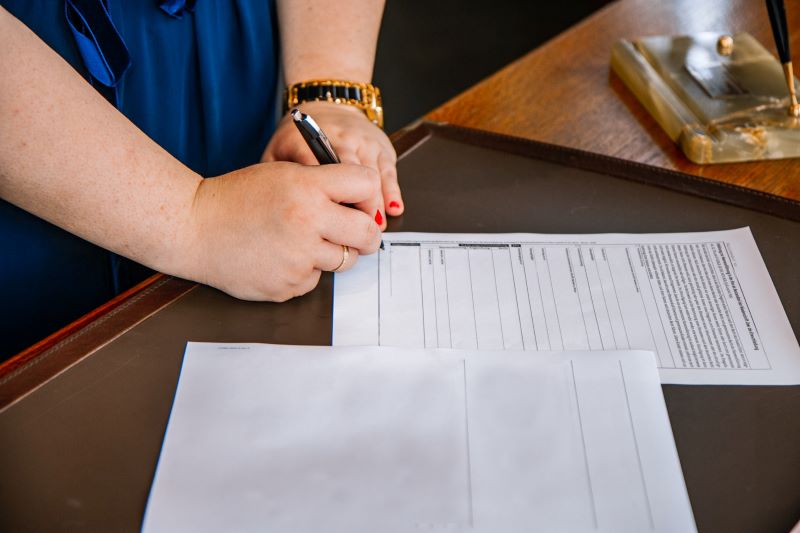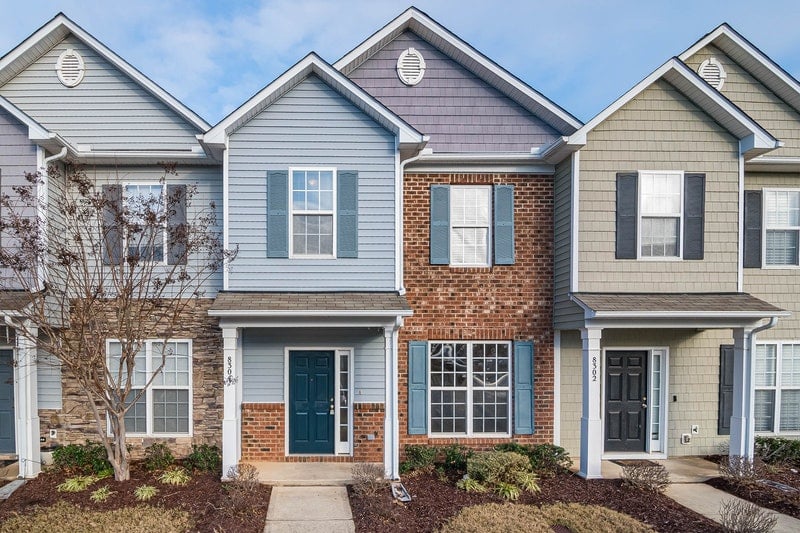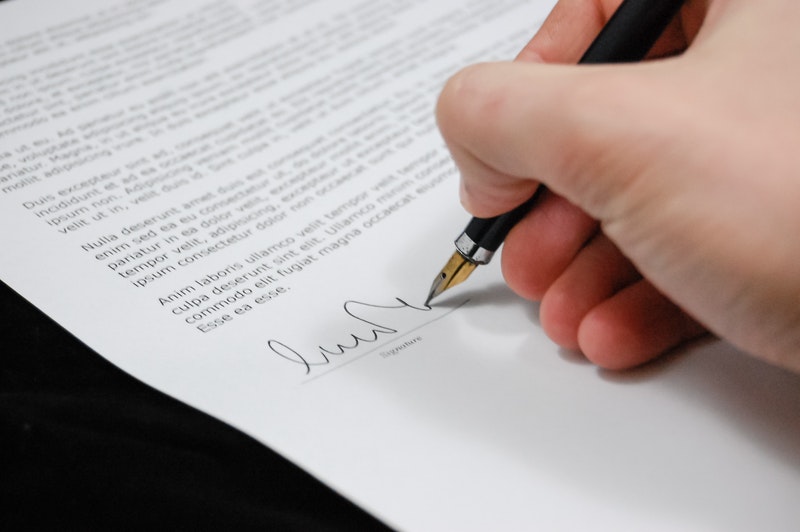7 Things to Look for When Buying a Home
- Posted on May 16, 2018
- In Buying A Home, Residential Real Estate Law
With the housing market on the rise and the mortgage rates favorably low, many individuals and families are investing in new homes. Everyone's dream house will look a little different, but it's important not to get wrapped up in the aesthetics. There are certain aspects you should never overlook when buying a house. You want to confirm the money you are putting down won't drain the bank with additional and avoidable repairs. We've compiled a list of some of the areas that every buyer should inspect before purchasing a new home.
1. Rotting WoodRotting wood inside of a home is indicative of a moisture problem. Whether from an internal or external leak, rotting wood weakens the structure that can cause unnecessary damage. When you are house hunting, there are areas more prone to water damage than others. Check the bathtub, toilet, kitchen sink, and countertops. If the wood is painted, look for peeling, cracking, or bubbling in the finish. It's a giveaway that there was a problem that wasn't fixed or the owner try to do a superficial job of covering the damage.
2. The Condition of the Roof
A home's roofing system is a protective barrier for the entire structure. When there are issues with the roof, it is possible there are damages to the foundation. Structural repairs are the most expensive to make, and you don't want to invest in a money pit. Examine the condition of the gutters. They should be free from debris. Bubbles in the tiling or warping around the edges mean the roof is old and needs repair. If you find this sort of damage, bring in a home inspector to confirm there isn't any water damage.
3. Amateur Repairs
Unless you purchase a newly built home, the chances of the previous owner attempting small repairs are quite significant. These attempts will usually revolve around plumbing and electricity. It's understandable that it's cheaper to make these repair attempts yourself, the problem is most homeowners aren't contractors and don't follow the code. These could lead to issues down the line and cost you extra money.
4. Pest Damage
Bug infestation can easily be overlooked when you are viewing properties, but things like termite issues can cause severe damage to the home's structural system. Inspect basements and attics looking for an unusual amount of pest droppings or signs of nesting. Hiring a professional to complete an inspection could save you thousands of dollars.
5. Environmental Hazards
Older, historic homes are quaint and full of character. The only issue is the lack of regulations builders had to abide when constructing the house. Older homes made contain lead-based paint, asbestos, higher levels of carbon monoxide, or toxic molds. Ensuring the property is habitable should be done by an expert. Particularly one who has experience with older houses.
6. Electrical Wiring
Poorly wired homes could cause fires. Examine the property for underground outlets, aluminum wiring, faulting electrical panels, and a lack of ground-fault circuit interrupters. If any of these aspects are weak, tired, frayed, or absent, the home and your family are risking your safety.
7. Cracked Foundation
It's impressive how many homeowners don't give the foundation a second thought. Small or large, a crack in the foundation articulates an issue with the structure of the house. Don't just look for cracks in the basement. Check the walls, windows, and door frames. Paint jobs shouldn't have any bubbling or stains. Both of which suggest moisture is coming from somewhere.
You should never buy a home without doing your due diligence. That includes ordering a home inspection and hiring a trusted real estate attorney. If you’re thinking about buying a home, give us a call for a free, no-risk consultation. We can help with real estate closing, title insurance and more.
Subscribe for Updates
Latest Posts
- Title Issues in Tennessee: Common Problems and How They’re Cleared
- Common Commercial Lease Red Flags (and How to Negotiate Them)
- Commercial Purchase and Sale Agreements – How a Real Estate Attorney Can Protect Your Transaction
- When Do You Need a Nashville Probate Lawyer? 8 Common Scenarios
- Commercial Leases – Important Considerations





